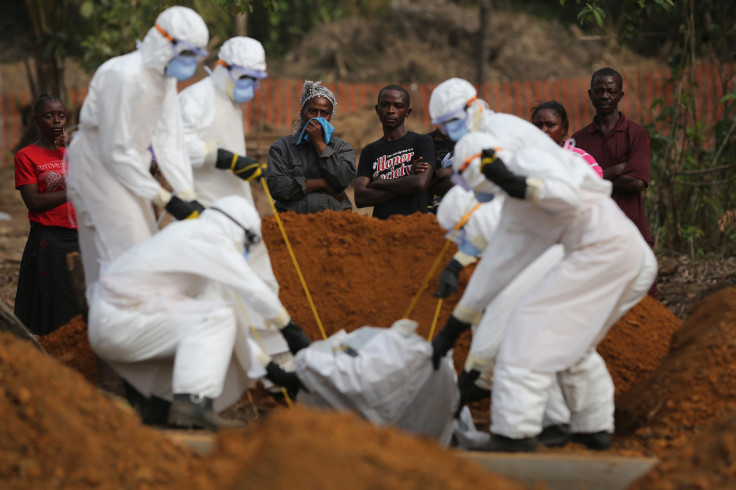Ebola: World Health Organization criticises itself for response to crisis

The World Health Organization (WHO) has deemed itself insufficiently equipped for global health crises in a report commissioned by itself.
Following the Ebola crisis, where WHO was criticised for not keeping officials and the public sufficiently informed, the health body commissioned an independent review of its operations.
The investigation found that WHO was slow to respond to the pandemic. The report states: "There seems to have been a hope that the crisis could be managed by good diplomacy rather than by scaling up emergency action."
Regarding not informing senior figures such as governments about the severity of the situation, it adds that the relaying of information "either did not reach senior leaders or senior leaders did not recognise their significance".
The independent panel concluded that it "considers that WHO does not currently possess the capacity or organisational culture to deliver a full emergency public health response," adding that the UN-backed body must "re-establish its pre-eminence as the guardian of global public health".
Margaret Chan, director general at WHO, said earlier in the year that the rapid spreading of the disease "shook this organization to its core", admitting that the organisation had become "overwhelmed".
WHO has said that it plans major overhauls in a bid to re-establish itself as a leading global health body and has plans in the pipelines for a reform.
Ebola has claimed the lives of 11,000 people now, mainly in West Africa.
© Copyright IBTimes 2024. All rights reserved.






